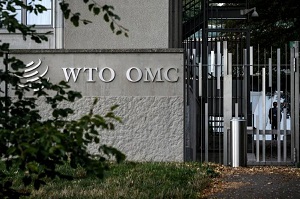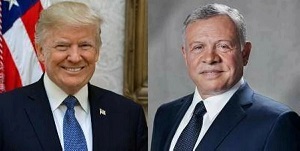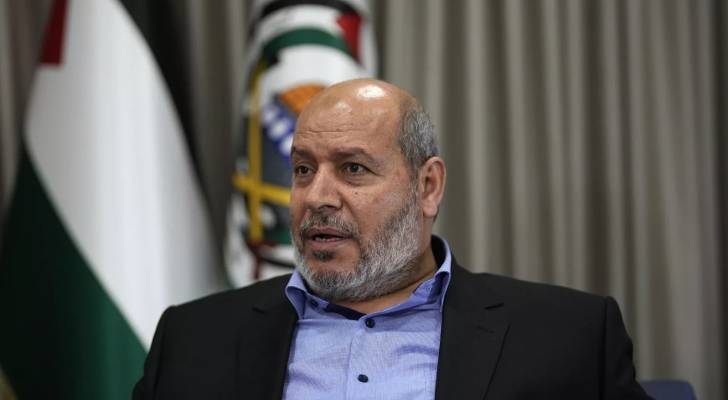Major opportunities for Middle East in AI era — WTO

The Jordan Times
AMMAN — Artificial intelligence (AI) is rapidly changing the face of international trade, according to the World Trade Oragnisation's (WTO) Report 2025, which is likely to increase global trade by up to 40 per cent by 2040 and increase global GDP by about 12-13 per cent in the same period.
According to Bloomberg Economics, the report released by the WTO last night confirmed that the Middle East and North Africa (MENA) is one of the regions with abundant resources of solar and wind energy, giving it a potential competitive advantage to host AI data centres and develop digital services.
These opportunities are linked to the ability of countries in the region to attract investments in digital infrastructure, and to adopt clear and encouraging regulatory policies, the Jordan News Agency, Petra reviewed the reports.
The report stressed that the benefits of these transformations will not be equal among all economies, as they will rely "primarily" on digital infrastructure, the ability to invest in renewable energy, and policies that support the deployment of Artificial Intelligence (AI) technologies.
WTO report mentioned that global investments in AI data centres reached $400 billion in 2024, and that the growing demand for sustainable energy opens a "strategic" window for Arab countries rich in solar and wind energy to engage in this global path.
It pointed out that there is a "clear" policy gap despite the great potential, as high-income economies account for 69 per cent of all global policies that support renewable energy, while the share of low-income economies does not exceed 1.5 per cent.
This gap is "obvious" in the MENA region, where strengthening policy and regulatory frameworks could unlock huge opportunities in AI-enabled trade.
Trade can be a way to enable the region to enter the global value chains of AI, by exporting core resources (such as minerals and raw materials), by hosting data centres and cloud services, or by participating in "exportable" digital services such as Telemedicine, data analytics, and digital content.
The report concludes that the Middle East and Arab countries are facing a "historic" strategic opportunity to link their "renewable" natural resources to the digital economy and AI, which could turn them into a "regional hub" for digital trade and enhance their contribution to the global economy.
But at the same time, The WTO report stressed that realising these opportunities requires accelerating investment in digital infrastructure, adopting supportive policies and strengthening international cooperation, to avoid widening the gap with advanced economies, Petra reported.
Latest News
-
 Syrian defense minister announces "comprehensive ceasefire" with Kurds
Syrian defense minister announces "comprehensive ceasefire" with Kurds
-
 King holds phone call with US president
King holds phone call with US president
-
 Crown Prince meets winners of Al Hussein Award for voluntary service
Crown Prince meets winners of Al Hussein Award for voluntary service
-
 Clashes erupt in Aleppo between Syrian army and SDF, dozens displaced
Clashes erupt in Aleppo between Syrian army and SDF, dozens displaced
-
 First round of Gaza talks concludes in ‘positive atmosphere': Egyptian media reports
First round of Gaza talks concludes in ‘positive atmosphere': Egyptian media reports